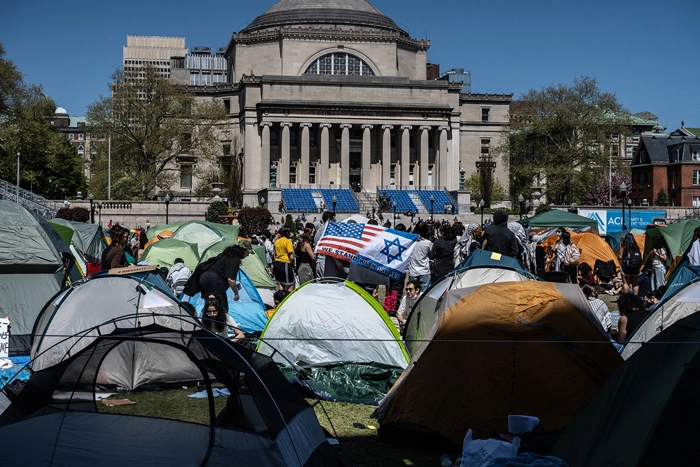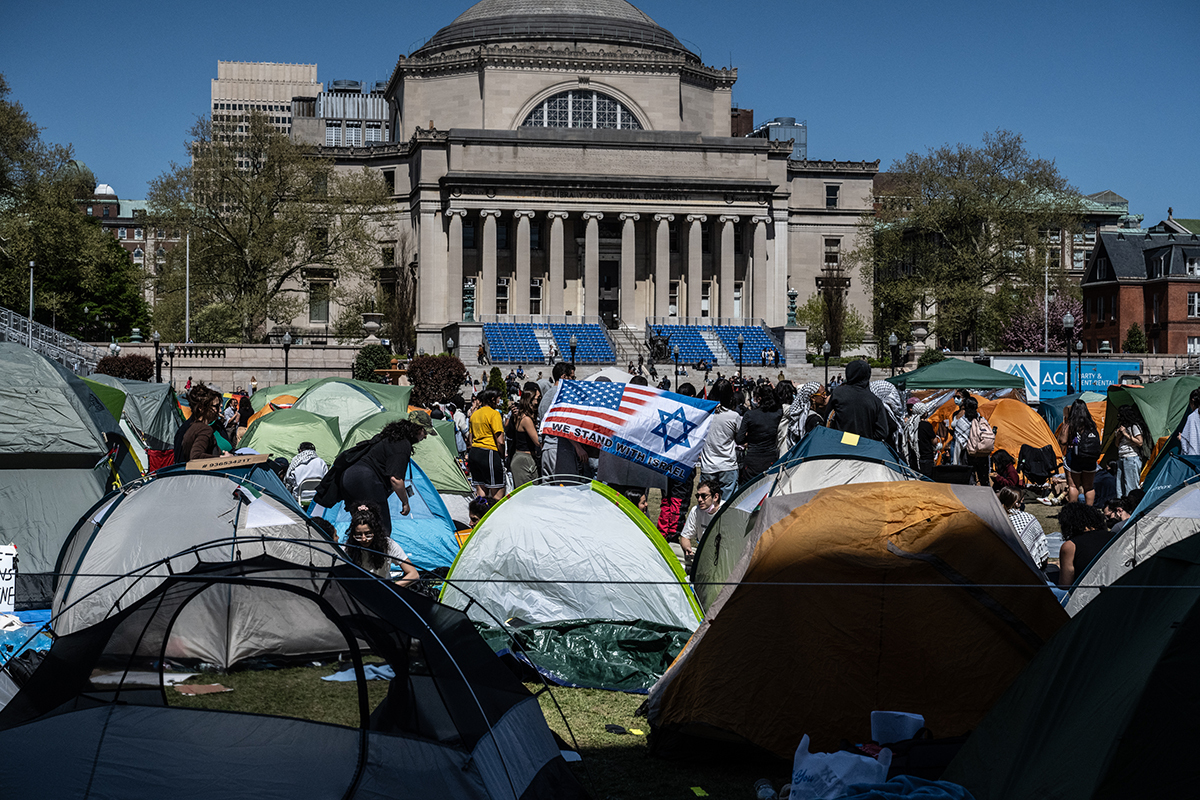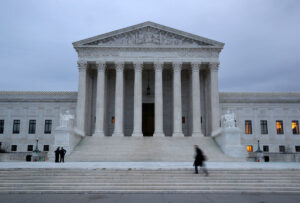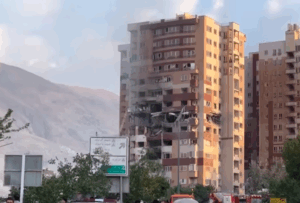Controversy Surrounds Palestinian Activist’s Detention and Potential Deportation

Amid ongoing tensions on American college campuses, the Trump administration’s move to deport Mahmoud Khalil, a Palestinian activist tied to pro-Hamas activities, has sparked significant debate. Khalil’s situation has drawn attention and protests, particularly from Bishop Matthew Heyd of the Episcopal Diocese of New York, who has publicly criticized the administration’s actions.
Bishop Heyd expressed his concern in a Facebook statement, declaring the diocese’s rejection of Khalil’s detention and potential deportation. “In accordance with our faith and civic creed, we uphold the belief that difference and dissent should be safe. We reject deportation based on political viewpoint — whether we agree or disagree,” he stated.
Federal authorities arrested Khalil, who recently completed his master’s degree at Columbia University and is married to a U.S. citizen, alleging his involvement with Hamas-related activities. The Department of Homeland Security asserted that Khalil’s actions align with President Trump’s executive orders aimed at combating anti-Semitism.
Secretary of State Marco Rubio defended the administration’s position, emphasizing the importance of visa regulations. “When you come to the United States as a visitor, which is what a visa is… we can deny you that visa,” Rubio stated during a press briefing, suggesting that Khalil’s alleged admissions of support for Hamas justified the visa revocation.
Columbia University has been a focal point of activism, with students organizing protests against Israel’s military actions in Gaza and calling for institutional divestment from Israeli companies. Khalil has been actively involved, serving as a negotiator for the Columbia University Apartheid Divest coalition, a group that has occasionally voiced support for groups like Hamas and Hezbollah.
Protests have included the distribution of pro-Hamas materials, as noted by White House Press Secretary Karoline Leavitt, who alleged Khalil’s involvement in distributing such pamphlets.
The federal response to Columbia’s handling of protests has been severe, with the Trump administration cutting $400 million in grants to the university, citing insufficient action against what it deemed illegal protests.
Though a U.S. District Judge has temporarily halted Khalil’s deportation, the case continues to evolve, underscoring ongoing debates over free speech, immigration, and national security.
This article was originally written by www.christianpost.com






